Why are we told not to eat cold meats during pregnancy?
Cold meats are a popular food in many cultures around the world. However, for pregnant women, there may be concerns about its consumption due to potential health risks.
What is considered charcuterie?
Charcuterie refers to a variety of processed meats such as ham, bacon, sausage, salami or even pâté. These foods are often high in salt and fat, and may also contain additives such as preservatives and colorings. Unfortunately, some cured meats may also contain harmful bacteria such as listeria or toxoplasma.
What is the risk ?
For pregnant women, consuming cold meats can pose risks to their baby's health. This risk mainly comes from two bacteria:
Listeria , a bacteria found in certain types of processed meats, can cause miscarriages, premature births or serious infections in newborns.
Toxoplasma , another bacteria found in some raw or undercooked meats, can also be dangerous for the fetus.
However, not all cured meats are created equal in terms of health risks. Some cured meats, such as pre-packaged white ham and sausage, are usually cooked and are therefore less likely to contain harmful bacteria. Others, like salami and prosciutto, are often eaten raw and should be avoided during pregnancy.
What about Serrano or Iberian ham?
Serrano or Iberian ham is a raw ham, so in principle it should be avoided because it can contain these two bacteria. But thanks to its manufacturing process (salting and drying), it was removed from the list of prohibited products.
Please note that this product is not risky according to the latest article from SICAP (Centro de Investigación Agroalimentaria), it must have been matured for a minimum of 18 months and have passed through various food controls. This article recommends eating quality products with more months of curing such as Iberian ham (24 months), because the risk is lower.
Does zero risk exist?
To say that there is no risk in eating cold meats would be a lack of responsibility on our part. But you should be aware that there are other potential sources of listeria or toxoplasma, such as seafood, unpasteurized dairy products or even poorly washed fruits and vegetables.
However, for Iberian ham, the risk is low if you use quality products. Other specialists freeze the ham for 2-3 days to further minimize these risks.
Before making a decision, it is best to discuss it with your doctor or midwife to ensure that you follow a healthy and balanced diet during pregnancy.

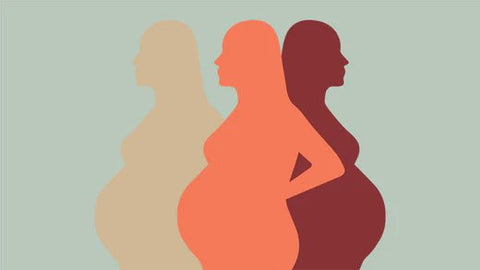
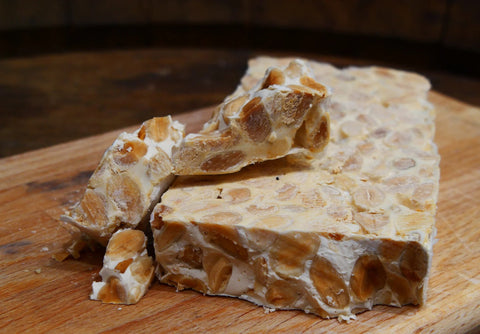

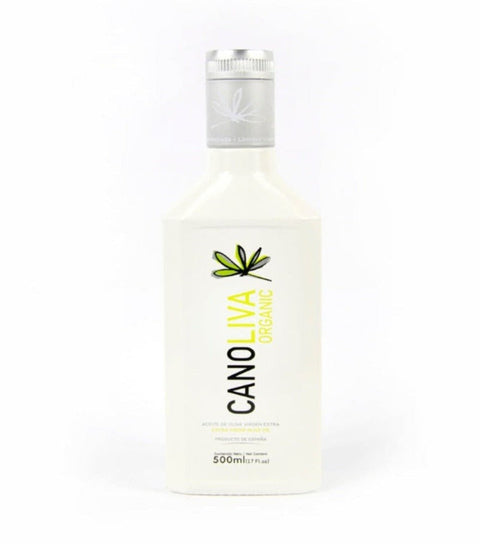
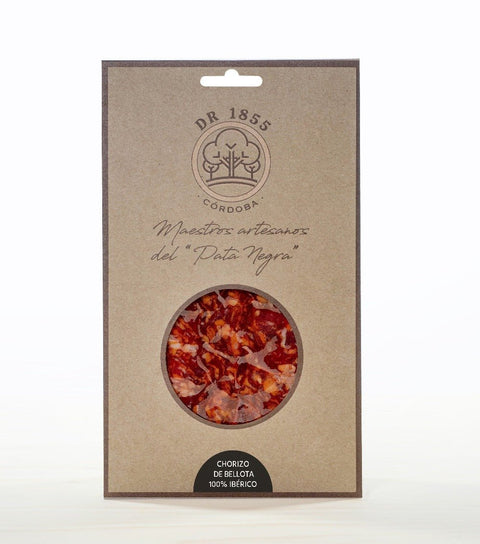
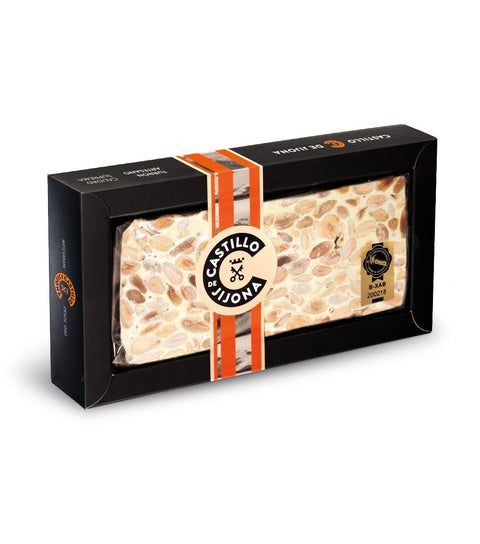
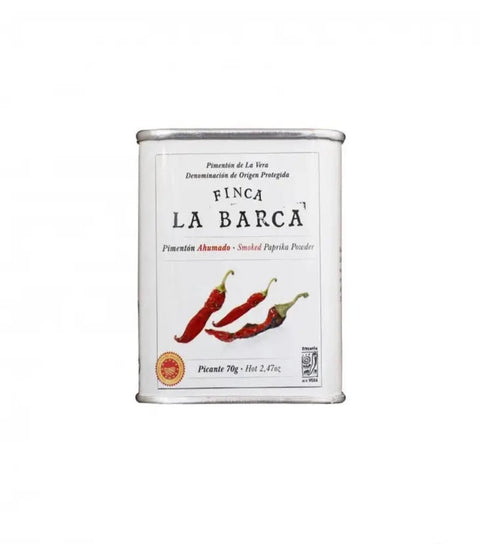
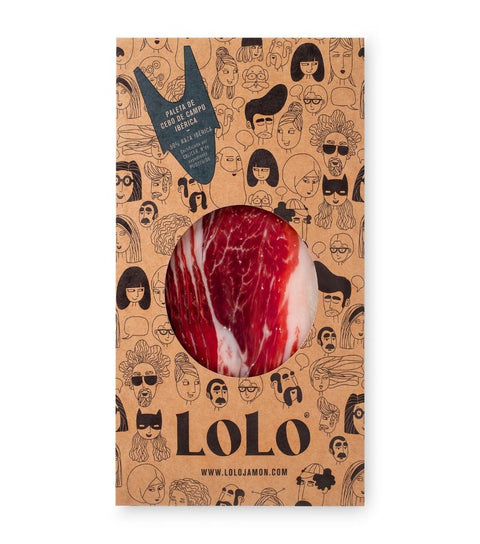
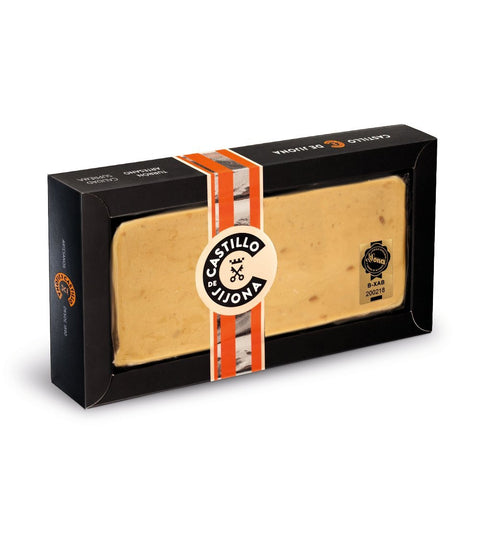
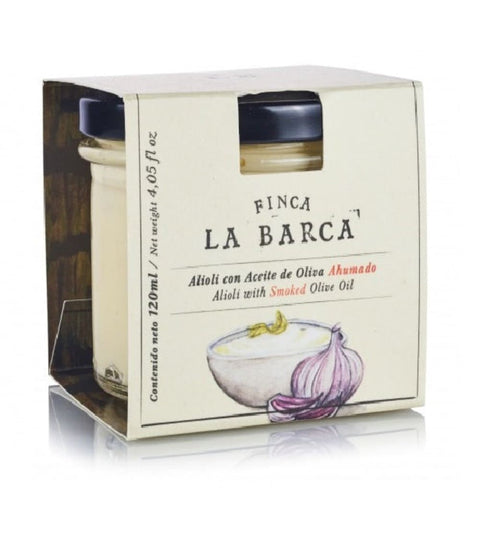
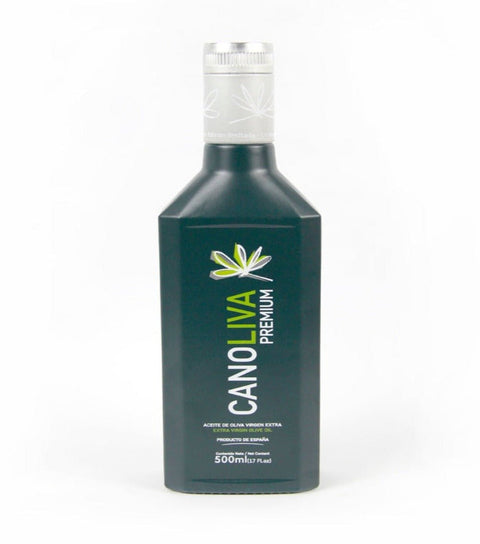
Comments (0)
There are no comments for this article. Be the first one to leave a message!